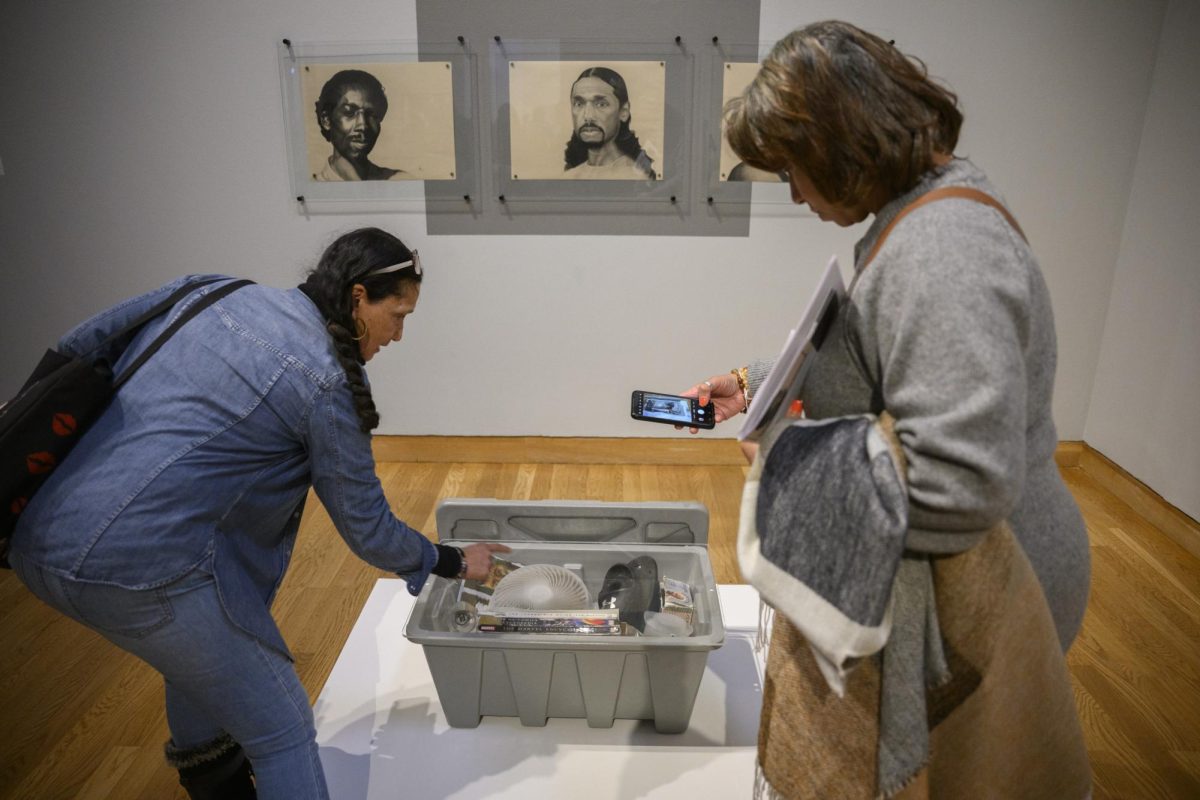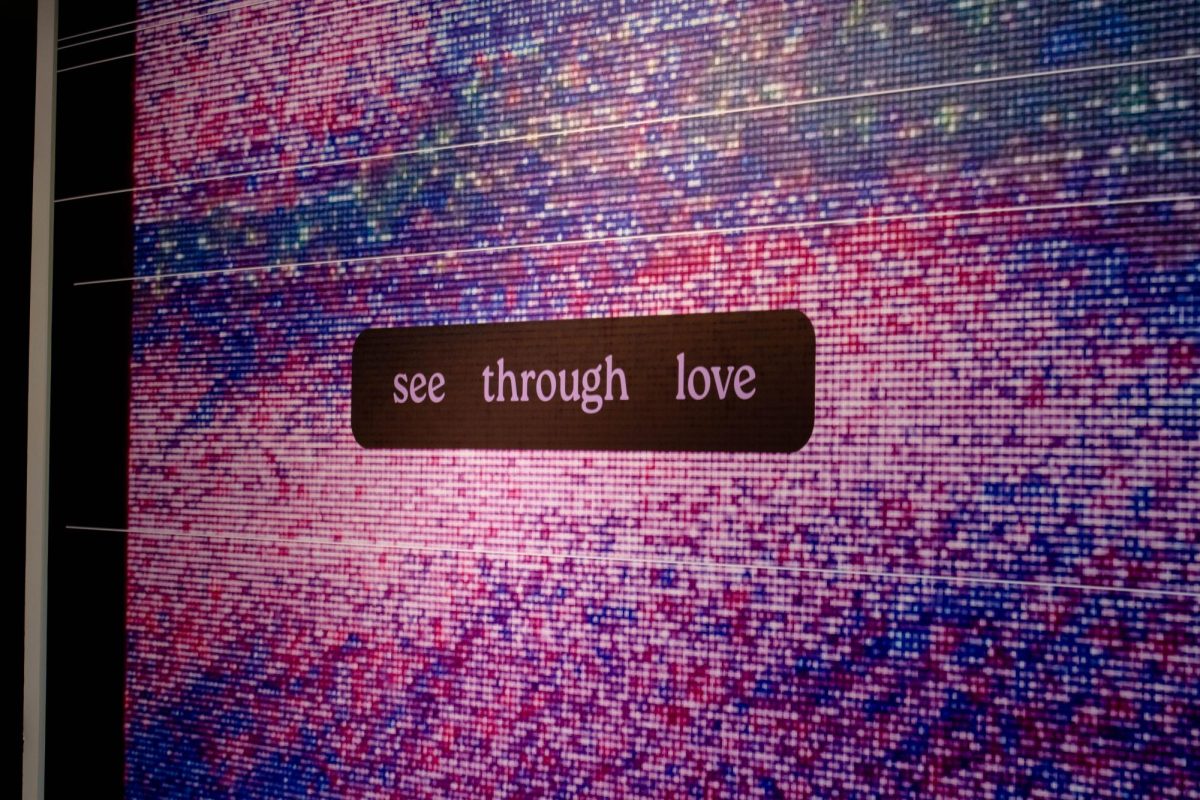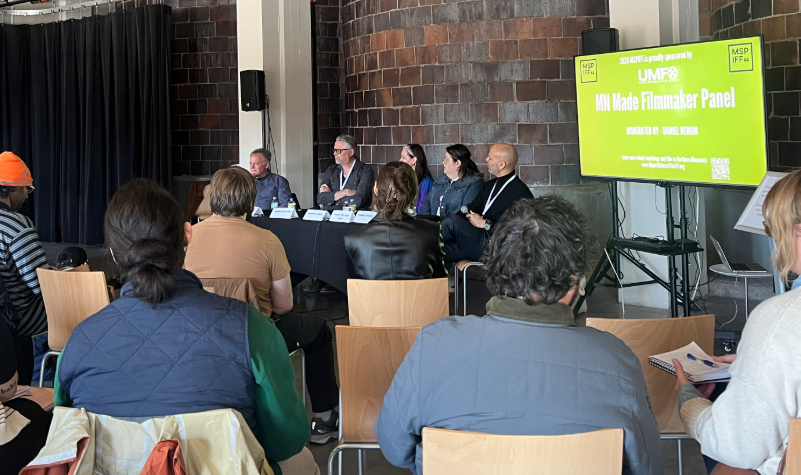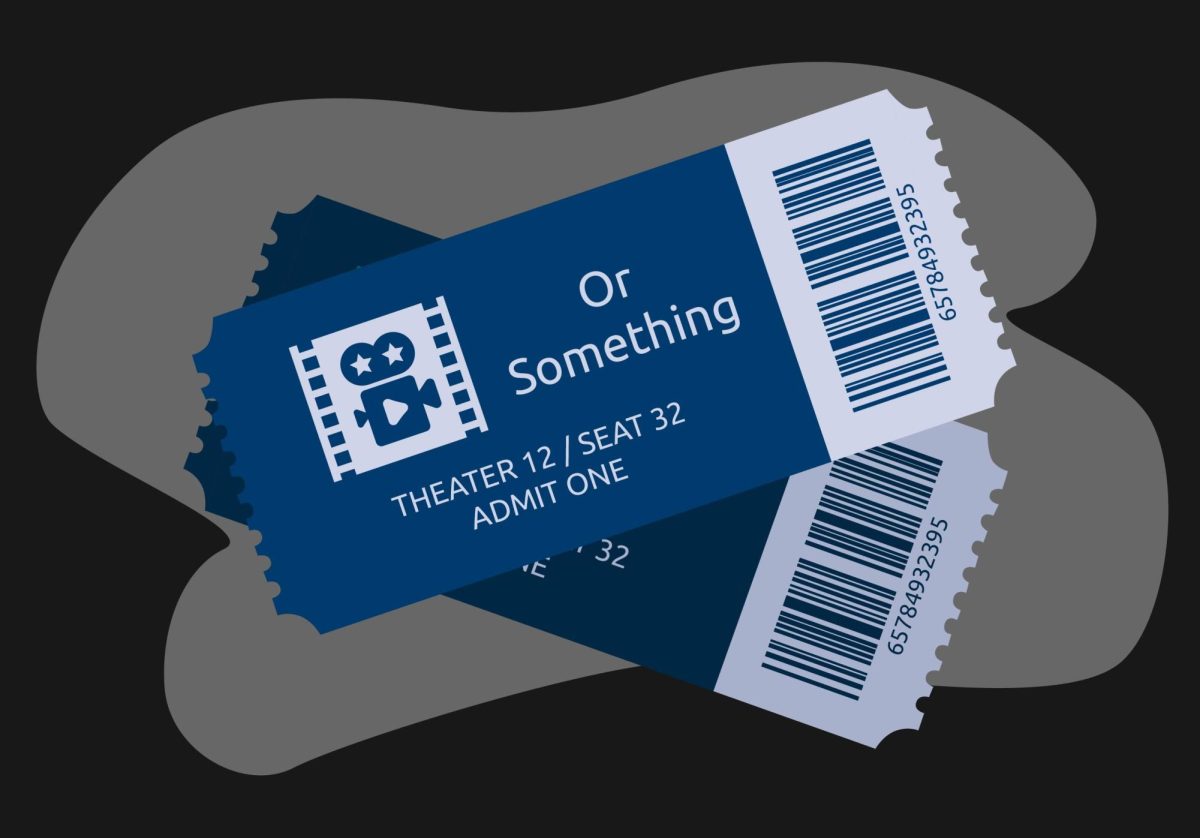Racist democracy: an inconceivable contradiction or a plausible paradox?
Author and Northern Arizona University instructor Joel Olson, who received his doctorate from the University of Minnesota, analyzes the idea of the United States’ seemingly racist democracy in his book, “The Abolition of White Democracy.” The book is a revised version of his graduate school dissertation.
Although the words “democracy” and “racism” are about as contradictory as any two words can be, Olson points out that racism has played a major role in the United States’ creation of its democratic system and still exists today.
He stresses that “white democracy has not violated American ideals of equality, liberty, and citizenship so much as it has shaped them.”
Olson further argues that even though Americans live in a “democratic” nation, “racial matters pervade nearly every aspect of life in the United States.” He argues that “race influences where we live, the schools we attend, the friends we make, the votes we cast, the opportunities we enjoy, even the television shows we watch.”
The conclusion, of course, is that, because of this racism, this country is not the democracy it purports to be.
Olson determines that “race, then, is by definition a system of discrimination, hierarchy, and power.” Whites, by this definition, are on the top of this hierarchy.
Some whites, though, do not want to take advantage of the power they gain just because of their race. In response to this activism, Olson writes that “individual whites may consciously defend their privileges, reject them, or deny they exist, yet the structure of the racial order makes it difficult for individual whites to ‘jump out’ of their whiteness at any given time.”
To solve this problem, Olson reiterates the idea of the “abolition-democracy,” a term originally used by W.E.B. Dubois. Abolition-democracy means freedom must be gained by taking away the unfair opportunities whites have over others.
In an interview with The Minnesota Daily, Olson described how this might work.
“Whites need to make themselves conscious of the silent and obvious ways in which they enjoy advantages in nearly every aspect of American life,” he said. “Whites need to join the rest of the world.”
The underlining problem in Olson’s solution is that, as the powerful majority in this country, some whites will have to give up their inherent advantages for this to work. Why would someone reaping unearned advantages ever want to give them up?
That problem is the biggest obstacle in Olson’s argument. But he said the rewards are greater than the cost.
“If whites surrender their opportunities, they can be offered a really, truly free world,” he said.
This “radical vision,” as Olson puts it, is something many white Americans might dream of.
To really help and follow in Olson’s vision, voting for the Democratic Party isn’t enough. Because both major parties try to win during election time, each will try to appeal to the majority.
“The government is always going to be a problem,” Olson said. A collective response from those whites who believe their inherent opportunities are unjust and unfair is the only true path to freedom.
People need to rely on their own consciences and not the government to create a free society.
In Olson’s words, “Politics should be full time, not something we do every four years.”







